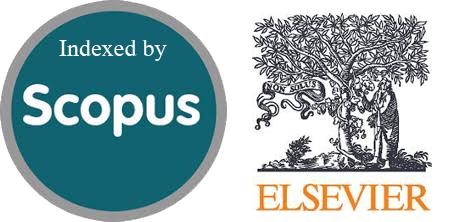The Role of Polyphenols in the Treatment of Alzheimer's Disease: Curcumin as a Prototype
Polyphenols in Alzheimer's Disease
DOI:
https://doi.org/10.54133/ajms.v1i.31Keywords:
Alzheimer’s disease, polyphenols, beta amyloid, mechanisms of actionAbstract
Many epidemiological studies have suggested that consuming a diet rich in polyphenols can help prevent Alzheimer's disease (AD). Based on well-known in vitro and in vivo models of cerebral Aβ amyloidosis, we examined the data on the effects of various natural polyphenols on the aggregation of amyloid-protein (Aβ). These polyphenols effectively prevent oligomerization and fibril formation of Aβ through differential binding patterns, lowering Aβ oligomer-induced synaptic and neuronal toxicity, according to in vitro investigations. Furthermore, in a transgenic mouse model fed orally with such polyphenolic compounds, soluble Aβ oligomers as well as insoluble Aβ deposits in the brain were significantly reduced. Natural polyphenols exhibit anti-amyloidogenic effects on Aβ, in addition to well-known anti-oxidative and anti-inflammatory activities, according to an updated assessment of the literature, implying their potential as therapeutic and/or preventive agents for AD treatment. To prove polyphenols' efficacy as disease-modifying agents, well-designed clinical trials or preventive treatments using various polyphenols are required.
Downloads
Downloads
Published
Versions
- 2021-10-14 (3)
- 2021-10-13 (2)
- 2021-10-13 (1)
How to Cite
Issue
Section
License
Copyright (c) 2021 Al-Rafidain Journal of Medical Sciences ( ISSN: 2789-3219 )

This work is licensed under a Creative Commons Attribution-NonCommercial-ShareAlike 4.0 International License.
Published by Al-Rafidain University College. This is an open access journal issued under the CC BY-NC-SA 4.0 license (https://creativecommons.org/licenses/by-nc-sa/4.0/).











